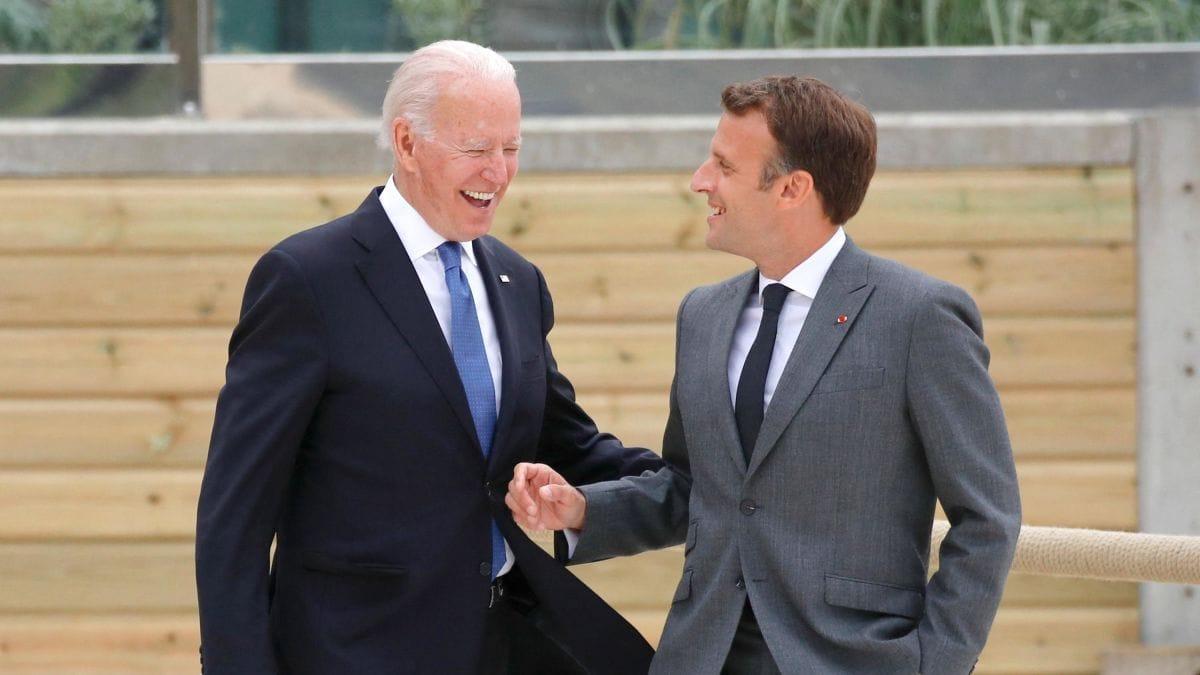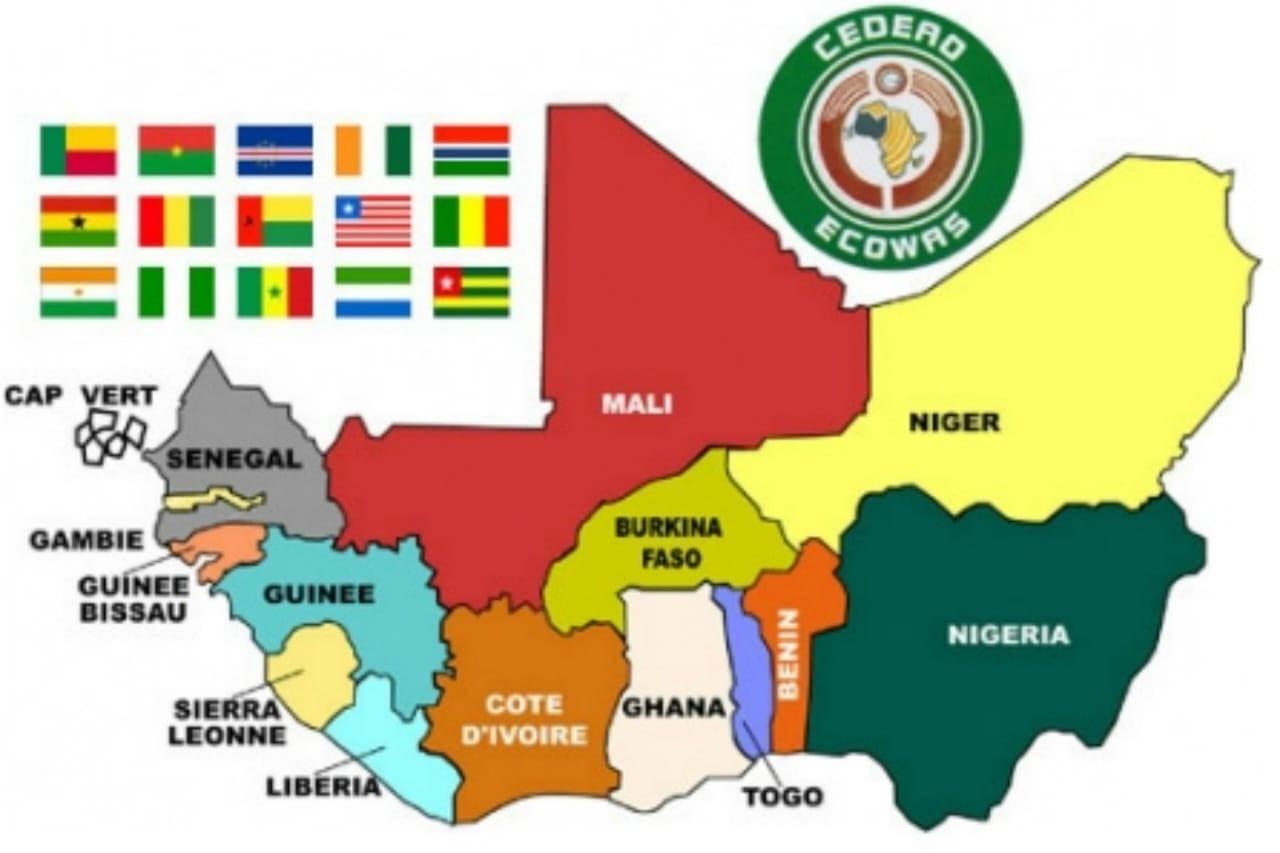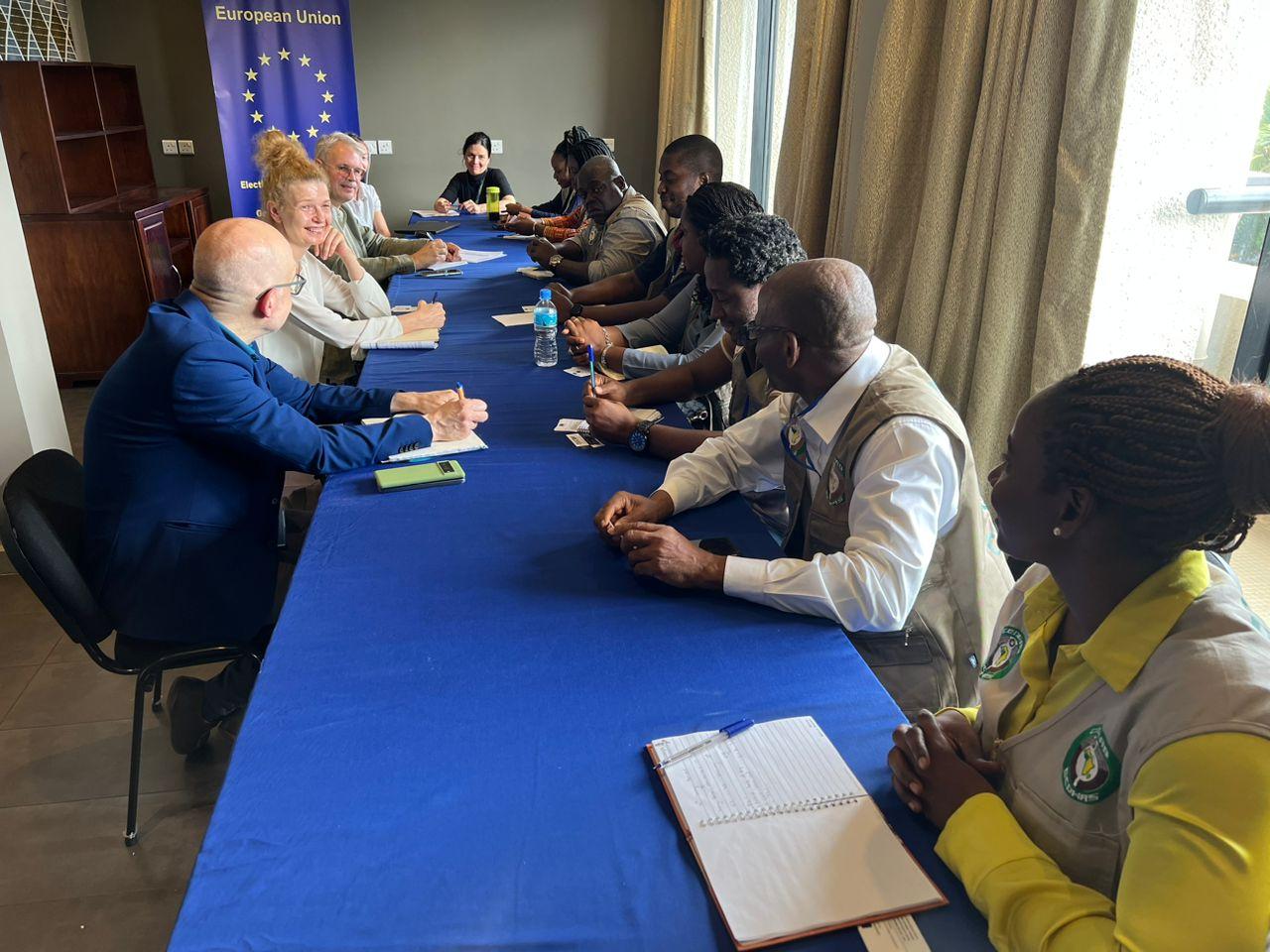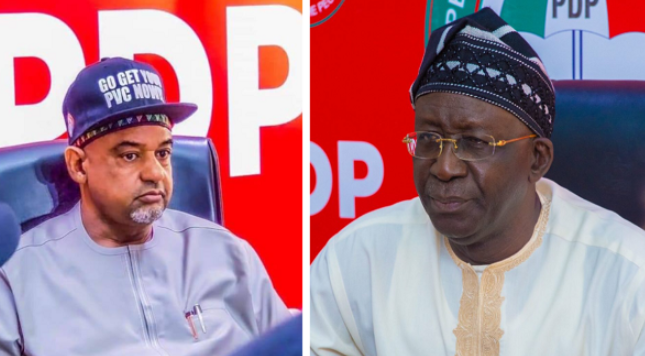*By Paul Ejime
Lagos. Sept. 21, 2023 – France and the United States were two countries that championed so-called international condemnation of and outrage against the 26 July 2023 military coup in Niger.
But some two months on, both countries appear to be working at cross purposes in relation to efforts for the restoration of constitutional order in Niger or the reinstatement of deposed and detained President Mohamed Bazoum.
This is hardly surprising, since international relations is about national interests. However, the implications of the unravelling dispositions of the two powerful nations as a metaphor and referendum on relations between developed countries and the developing nations require deeper reflections and interrogation.
Paris and Washington have military bases and an estimated combined troops strength of 2,600 in Niger. Canada and other foreign nations also have soldiers, all purportedly training and assisting Niger armed forces in the global counter-terrorism fight.
Also, foreign companies, particularly from France, the former colonial power, have been exploiting Niger’s natural resources, especially uranium and gold, repatriating the lion’s share of the proceeds for the development of their countries, leaving Niger and its estimated 26 million people in misery and abject poverty.
In diplomatic parlance, Niger and its leaders “are strategic allies” to France, its Western allies and the United States.
Given the growing anti-French sentiments in the former French colonies in Africa and with military coups in four of these countries in West Africa in the last three years – Mali, Guinea, Burkina Faso, and Niger – France was naturally concerned that it was losing its stranglehold on these countries. There is also the fear that the West is losing the battle for influence on Africa to Russia and China.
It was therefore, no wonder, that Washington and Paris were head over heels in mounting pressures on the Economic Community of West African States (ECOWAS), to do everything to reverse the coup in Niger.
Senior American officials worked their phones calling West African leaders, especially Nigeria’s new President Bola Tinubu, who is the current Chairman of the Authority of ECOWAS Heads of State and Government. It did not matter that legal challenges to his victory were pending before the courts, the same reason some Western countries had withheld their congratulations.
President Joe Biden promised to meet Tinubu on the margins of the UN 78th General Assembly meeting in New York.
Naturally, this development raised the question why Niger and not Mali, Guinea, Burkina Faso, or Chad in neighbouring Central Africa, where Gen. Mahamat Kaka Idriss Derby had ditched the national constitution and replaced his father who was assassinated by Chadian rebels in April 2021.
Even so, the external pressures on ECOWAS bore fruits. ECOWAS leaders in their first extraordinary summit on the Niger crisis on 30 July threatened the use of military force against the Brig.-Gen, Abdourahamane Tchiani-led junta if they failed to reinstate Bazoum and restored constitutional order in Niger within seven days.
Unfortunately for ECOWAS, that ultimatum passed uneventfully. The same threat has been reiterated by different ECOWAS officials and at various fora of the regional bloc, including the leaders’ second extraordinary summit on 10th August and emergency meetings of regional military chiefs.
“The D-Day has been decided and the Chiefs of defence staff are waiting for the go ahead for the deployment of the Standby force,” one ECOWAS official had enthused. But it has now emerged that ECOWAS is “on its own” as far as the military intervention in Niger is concerned.
Apart from the complications and complexities of such a deployment in an environment of grave insecurity, coupled with the fact that the decision is unpopular because of the potential catastrophic consequences, the so-called military alliance for mutual support by Mali, Burkina Faso cannot be wished away.
ECOWAS sanctions on Niger are biting hard, especially on the long-suffering population, but while the organisation is working through its designated envoy to Niger, former Nigerian Head of State Abdulsalami Abubakar coupled with back-channel initiatives by some Islamic clerics, the Ulamas, some ECOWAS leaders such as Togo’s President Faure Gnassingbé, are maintaining unilateral contacts with the junta.
But more concerning is the fact that despite their public assurances, ECOWAS cannot count or rely on sincere and solid support of either the United States or France on its planned military operation.
America for one, has been pursuing its national agenda which is at variance with what Washington had been pressurising ECOWAS to do.
The new management of the ECOWAS Commission has made clear its determination to put an end to the resurgence of military coups in the region, which is a symptom of the governance malaise and leadership failures over the decade.
Some of the regional leaders now baying for blood in Niger, are partly responsible for military takeovers, including by blatantly altering their countries’ constitutions for tenure elongation, rigging of elections, clamping down on opposition and narrowing of the democratic space by not respecting the rule of law or citizens’ human rights.
Many of them are not only corrupt but have failed woefully in delivering on their promises such as ending insecurity, providing jobs for the army of unemployed youths and failure to inspire economic development and prosperity.
Meanwhile, Paris’ blunt refusal to withdraw its troops and ambassador from Niger as demanded by the junta, as if the West African country is still a colony, speaks to the arrogance of imperialism and mater-servant relationship between the North and South.
But if France’s opaque position poses a problem for ECOWAS on how to proceed in Niger, the American agenda is also unhelpful if not undermining the regional approach.
As ECOWAS continues to mull its options, America’s new Ambassador to Niger, Kathleen A. FitzGibbon arrived Niamey, the nation’s capital on 19 August to assume duty.
As if that was not enough, American media on 14 September confirmed that “the U.S. military has resumed flying drones and manned aircraft out of air bases iin Niger after a coup temporarily halted all those activities there.”
The 1,100 U.S. forces deployed in Niger had been confined inside their military bases. But the Pentagon was quoted as saying that “some military personnel and assets had been moved from the air base near Niamey to another in Agadez”.
Gen. James Hecker, a top Air Force Commander for Europe and Africa, was quoted as saying that “in recent weeks some of those intelligence and surveillance missions have been able to resume due to U.S. negotiations with the junta.”
What can ECOWAS glean from these seemingly underhand developments and their implications on its credibility and reputation as a regional bloc being dragged into a proxy war? Can the junta which, has cut a deal with America take the threat of military force by ECOWAS seriously?
ECOWAS has to re-evaluate its partnerships, review its strategy, and prioritize the use of diplomacy, especially on the Niger crisis.
Part of the Western hypocrisy and double standards is also the fact that Washington has still to determine whether the military takeover in Niger is “a successful coup” or “a coup attempt,” this is because the American Constitution forbids any dealings with a government that came to power though military coup.
But the jury is still out on the sincerity or sustainability of such a policy where America’s national interests are involved just as in Niger.
Furthermore, a group of five American Congressmen led by Sara Jacobs, Ranking member of the Subcommittee on Africa has in a letter dated 18 September and addressed to the Secretary of State Antony Blinken and U.S. envoy to the United States Ambassador Linda Thomas-Greenfield expressed “concern regarding the impact of ECOWAS sanctions on (Niger) civilian populations, particularly regarding the delivery of humanitarian and development services.”
“While maintaining the pressure for a return to civilian rule is important, we need to mitigate spillover effects to the population as much as possible. Therefore, we urge the Biden administration to advocate for exemptions for humanitarian assistance and critical commodities such as food and medicine to be integrated into current ECOWAS sanctions,” said the Congress members.
They also recalled a 17 August letter by the U.N. Under-Secretary General of Humanitarian Affairs and Emergency Relief Coordinator to the ECOWAS leadership, “expressing concern with the adverse impact of ECOWAS sanctions on the Nigerien civilian population and calling for amendments to current sanctions regimes to ensure timely delivery of aid and authorization of transactions essential for humanitarian operations,“ noting: “this request was echoed in an August 28 advocacy note signed by more than 40 international humanitarian and development non-profit organizations.”
As ECOWAS and other partners continue to grapple with the Niger political crisis, they cannot ignore these statements by external interests pushing for a tough stance against military coups and at the same time urging mitigation measures in Niger.
With the involvement of Russia and China, it is clear that a UN Security Council approval for the use of military intervention in Niger threatened by ECOWAS is dead on arrival.
ECOWAS is therefore left with the proverbial saying of “counting its teeth with its tongue,” in order words, Africans must find solutions to African problems!
*Paul Ejime is a Global Affairs Analyst and Consultant on Peace & Security and Governance Communications





